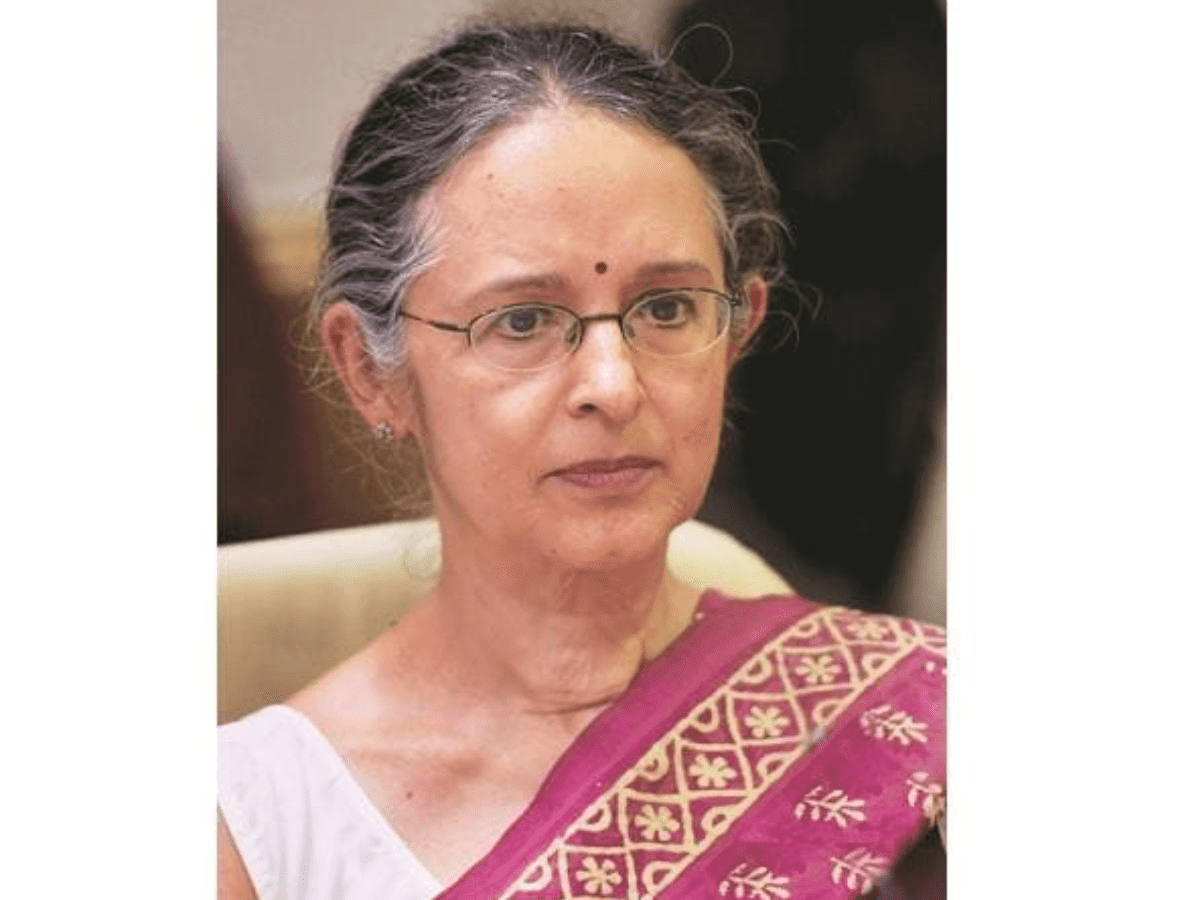Ashima Goyal, a member of the RBI Monetary Policy Committee (MPC), stated on Sunday that freebies are never truly “free” and that political parties should be compelled to disclose the financing and trade-offs of such schemes to voters in order to avoid encouraging “competitive populism.”
Goyal added that when governments offer freebies, a cost is incurred somewhere, but that cost is worthwhile to bear for public goods and services that increase capacity.

Freebies are never truly free… Subsidies that distort prices are especially bad, she said in an interview with PTI.
Goyal noted that these freebies come at the expense of poor quality health, education, air, and water that hurt the poor the most. He also noted that this has an adverse effect on production and resource allocation and imposes significant indirect costs, such as the Punjab water table falling as a result of free electricity.
“Parties should be required to explain the financing and other trade-offs to voters when they propose plans. The famous economist suggested that this would lessen the urge toward competitive populism.
In recent days, Prime Minister Narendra Modi has criticised the competitive populism of offering “rewaris” (freebies), which are not only a waste of tax dollars but also a potential economic catastrophe that could thwart India’s efforts to become an atmanirbhar (self-reliant).
His remarks appeared to be directed at organisations like the Aam Aadmi Party (AAP), which made promises regarding free energy and water in the lead-up to assembly elections in places like Punjab and, more recently, Gujarat.
The Supreme Court had proposed creating a specialised committee to look into “irrational freebies” given to voters during elections earlier this month.
Goyal, an emeritus professor at the Indira Gandhi Institute of Development Research, commented on India’s macroeconomic position by saying that “Indian GDP is surviving despite continued global shocks and rate rises.”
She pointed out that despite difficult circumstances, India has performed better than most predictions and in comparison to many other nations, and that one reason for this is the country’s expanding economic variety, which reduces the impact of shocks.
“Large local demand may buffer a worldwide downturn; if industry suffers from lockdown, agriculture does well,” she added. Digitization, distance work, and exports help services make up for a decrease in in-person delivery.
Goyal asserts that India’s exports would be supported even if global economy slows due to its diversification away from China, digital advantage, and export promotion initiatives.












